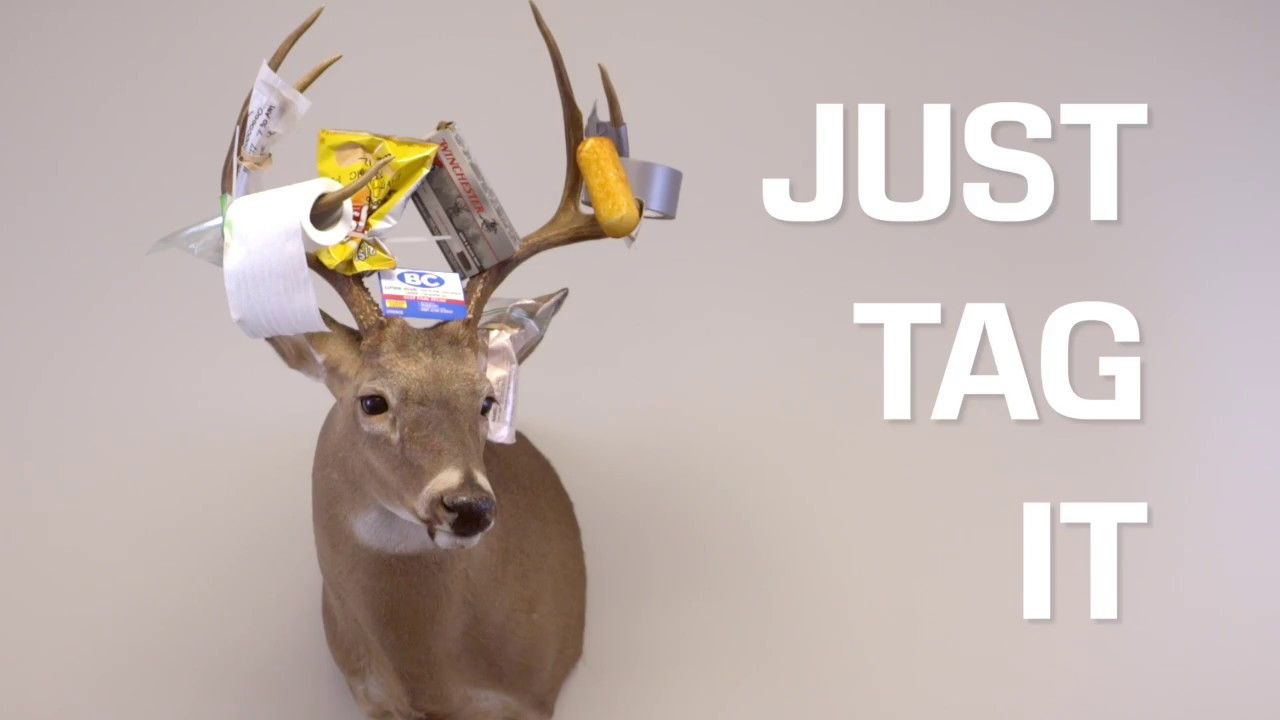
Tennessee's Famous Roadkill Bill
Tim Burchett made good on a promise twenty years ago, and we're still talking about it.
Amidst all the furor surrounding McCarthy's Shakespearean effort to claim the position of Speaker of the House, Politico quietly declared Rep. Tim Burchett (R-Tenn.) the GOP's new comedy king. Says one representative of Burchett: "He’s so unpredictable. He says the craziest things."
From his stint in the Tennessee House and Senate to his tenure as mayor of Knox County to his present position of US Congressional representative for Tennessee's 2nd district, Burchett has used humor and levity to deliver sharp criticisms that others would have a harder time getting away with. Call it charm, call it humor, call it whatever you want, but others have taken note.
“He says whatever the hell he wants to and people can get offended. He didn’t give a flip,” fellow Tennessee Rep. Mark Green told Politico. “And he’s gotten to the point where people take it from him. If I said that, there’d be a [negative] article about me.”
One initiative that captures the man's penchant for flair best is his championing of the famous Roadkill Bill back in 1999.
That story all starts with the Tennessee white-tailed deer community. In the 1940s, Tennessee only had about 2,000 deer in the entire state. In an effort to cultivate a healthier deer population, the TWRA introduced over 9,000 between 1940 and 1985. As a result, in 2021, the total number of deer in the state has ballooned to 1.5 million.
"My dad was born in 1948 and when he was a teenager if they saw a deer track it was amazing and they would talk about it," TWRA outreach and communications coordinator Barry Cross told The Tennessean. "Back in those days we didn't have much of a deer population to even speak of."
The large deer population has meant plenty of opportunities for hunters, and prudent management has produced gems; in 2016, for example, the fifth-largest white tail buck on record was shot in Sumner County.
These days, most people hunt deer for sport, gunning for trophy bucks or a modest doe to supplement their chest freezers. People hunting for sustenance has become rarer and rarer in both the state and the country—but that doesn’t mean it’s a thing of the past.
One unfortunate side effect of Tennessee’s exploding deer population is an increase in the number of deer killed by cars—i.e. roadkill. In 2021, Tennessee had 5,771 crashes involving deer. That's a lot of spoilt venison.
Enter Tim Burchett. 1999. Representing the 7th district (Knoxville) while serving in the state senate and possessed of a penchant for flair, Burchett received a complaint from a constituent who was fined after accidentally hitting a deer and then giving the meat to a migrant family. At the time, the law required such accidents to be reported immediately to the TWRA, which had to tag the animal before it could be consumed.
But, as the deer population swelled and hunting activity in the state swelled with it, demand for tags was high. The deer population, large as it was, meant there were barely enough TWRA officers to field all requests.
So, in an ancient act of bipartisan spiritedness, Tim Burchett (R-Knoxville) and Tommy Head (D-Clarksville) proposed a bill that would allow citizens to take home that runned over deer for supper without the TWRA having to tag it. All they'd have to do is call it in to the local police for record-keeping purposes.
Said Burchett of the bill, which immediately received attention in the national media:
''I know, because it's Tennessee, everyone's going to make us look like a bunch of hayseed rednecks, and I understand that, and I know the media's getting a big kick out of this, but after all, the government's supposed to help people with their problems, and this is just a common-sense thing.''
And with that statement, Burchett revealed his priorities. That despite the jeering of the Yankees up North and the cajoling of the liberals in Nashville, he did right by his constituents—something that’s rarer and rarer each passing day.
